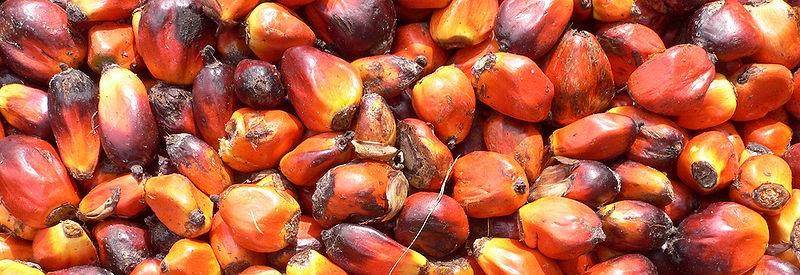Back in the ’00s, a huge and relatively new threat to biodiversity and the global climate began catching the attention of activists. The palm oil industry was expanding plantations as never before–particularly in Indonesia and Malaysia–to meet rising demand for both food oils and biofuels in countries around the world. This juggernaut seemed unstoppable, and the fate of some of the planet’s most carbon-rich and biodiverse forests and peatlands hung in the balance. Yet, over the next couple decades a remarkable international effort that emerged to curb the palm oil industry’s excesses met with unprecedented success.
The manner in which environmental groups and concerned people from across North America, Europe, and Asia came together to pressure the palm oil industry has been documented elsewhere, including in this recent opinion piece by Glen Hurowitz of Mighty Earth. Suffice to say that years of organizing led to massive agribusiness corporations like Wilmar International implementing policies that dramatically curbed the palm oil industry’s encroachment onto new areas of forest and peatlands. Partly as a result, deforestation by palm oil companies plunged dramatically. Not only that, this victory provided a template for similarly impactful campaigns targeting other industries like paper and rubber that are also major drivers of deforestation.
As is true of almost every major environmental victory, there are caveats to this one. While palm oil deforestation remains low, the paper industry’s destruction of forests has ticked up again. Government rules that worked alongside corporate policies to protect forests and peatlands also face an uncertain future–particularly in Indonesia, which has a presidential election this year. And, while deforestation for palm oil has dropped dramatically, it is still occurring on some level, meaning more work needs to be done. That said, the progress so far is remarkable and holds important lessons about how grassroots organizing can shift entire industries.
Among the misgivings I remember conservationists expressing as palm oil emerged as a key global issue in the 2010s was the worry that an effective public pressure campaign against the palm oil industry might not even be possible. These fears were not unfounded. Companies like Wilmar don’t sell directly to consumers in the US or other major markets, and they’re hardly household names–meaning they have less incentive to cultivate a benign public image. Getting such a corporation to change its policies in response to public outcry would be very difficult, the thinking went. Furthermore, some of the largest markets for palm oil are in Asia, where US and Europe-based international environmental organizations have little clout. However, players like Wilmar turned out to be more susceptible to public pressure than many activists feared.
Groups like Mighty Earth, Rainforest Action Network, and Greenpeace achieved success partly by pressuring well-known brands such as Kellogg’s and Nestle to cut ties with palm oil suppliers who were contributing to deforestation. Meanwhile, activists based in countries like Korea and Japan were shining a light on palm oil industry players who do business there (people in the US and Europe, sometimes even including climate activists, tend to underestimate the degree to which the public in Asian countries cares about environmental issues). There were other factors at play, too, such as banks feeling pressure to stop lending to abusive palm oil suppliers. In the end, a multipronged approach to targeting the industry succeeded in getting the biggest players to clean up their act.
What’s the lesson here? As I’ve said before, activism works–and changes in the palm oil industry from the past decade are living evidence of that. Not only that, but in the case of palm oil dedicated grassroots organizing transformed an industry that seemed in some ways as though it would be exceptionally difficult to influence.
While the work of stopping deforestation in countries like Indonesia certainly isn’t over, I hope the successes achieved in the palm oil sector up to now serve as an inspiration to those of us trying to change corporate and government policies everywhere. Check out this post on effective ways to take action for the climate for ideas about how you can get involved.
Photo credit: oneVillage initiative



Leave a comment